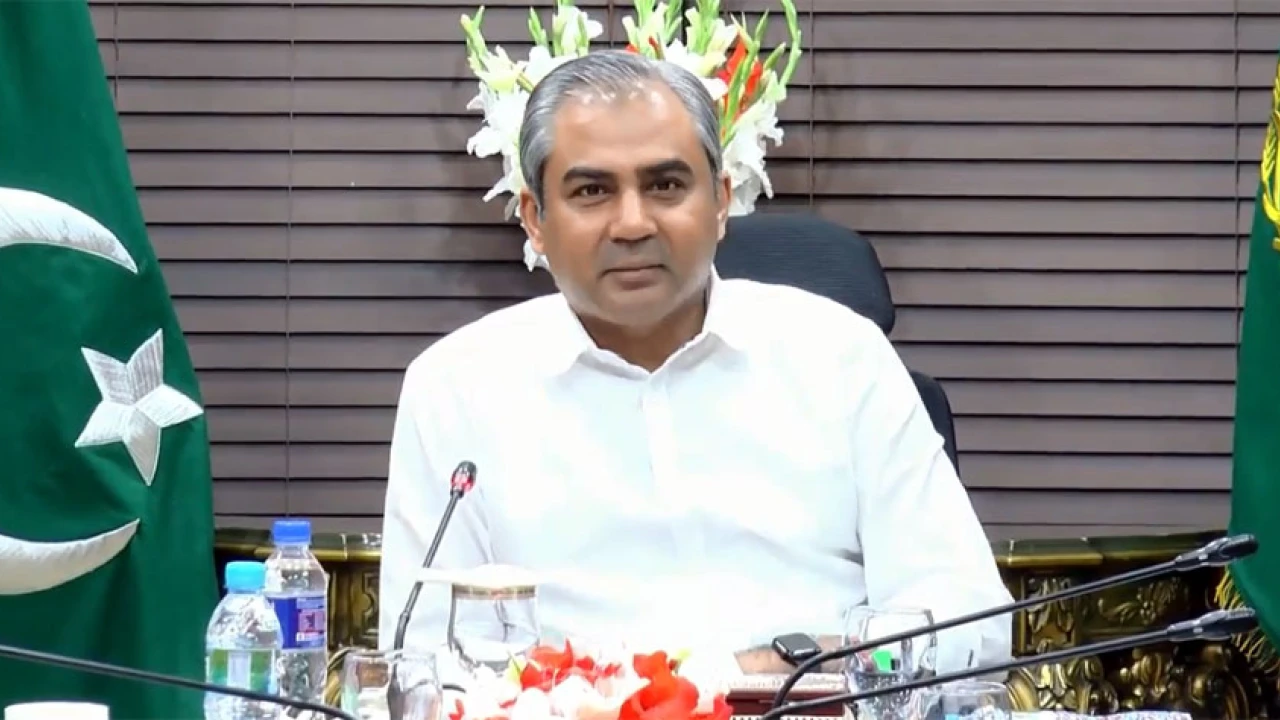The speakers at a public-private dialogue on Wednesday called for strategic collaborations and rationalized spectrum and licensing mechanisms to address challenges and unlock potential in the Information Technology (IT) and Telecommunication sector.
The dialogue, organized by the Sustainable Development Policy Institute (SDPI)’s study group on IT and Telecommunication, focused on the state of competition in the telecom sector and ways to promote it.
Brig (R) Muhammad Yasin Senior Advisor Emeritus at SDPI, highlighted the critical role of the telecom sector as the backbone of the country’s economy, impacting education, health, industry, defence, and agriculture. He emphasized the need for a robust and competitive environment, meaningful regulations, and collaborations among service providers to foster sector development.
He also noted that infrastructure sharing among telecom operators could reduce business costs and improve service delivery, especially in rural areas where competition has dwindled the number of internet service providers from six to three.
Arif Sargana, Director General of Pakistan Telecommunication Authority (PTA) acknowledged the competition in the telecom sector despite various challenges and said that the PTA supported maintaining competition and suggested not pegging spectrum costs to the US dollar due to the volatile currency situation.
He noted that PTA’s regulatory framework aimed to balance the competition and consumer management, despite high inflation affecting consumers.
Ahmed Qadir Director General of Competition Policy at the Competition Commission of Pakistan, said that the telecom sector faced over-competition, similar to the aviation sector, due to increasing local and international competitors.
He stressed the need for a government level approach to spectrum procurement to prevent compromising the operations of mobile operators.
Muhammad Aslam Hayat, Senior Policy Fellow at LIRNEasia, discussed the bottlenecks in market structure, regulations, and licensing mechanisms that hinder the massive rollout of telecom services.
He highlighted that the sector, despite being a lucrative Rs 240 billion market, faces declining quality of services as players exit. He urged for corrective measures from all stakeholders, including government actions, PTA regulations and service providers’ practices.
“It’s a market of Rs 240 billion and a lucrative market but players are leaving the sector which is leading to poor quality services to the customers,” he said.
He alleged that all stakeholders are responsible for the problems of the sector like government actions, PTA regulations and the service providers.
Moreover, corrective steps were required to improve the situation by all the players like government needs to review and redesign the market structures, shift to unified licensing, delink spectrum from service licensing, rationalizing spectrum pricing, and reduce tax burden on consumers.
However, PTA needs to allow retail tariff increase, encourage new entrant in cellular market, develop exit regulations for inefficient operators, loosen retail tariff, reduce regulator burden on industry, sector needs to compete rationally, have louder voice, and strengthen telecom operator association, he added.















